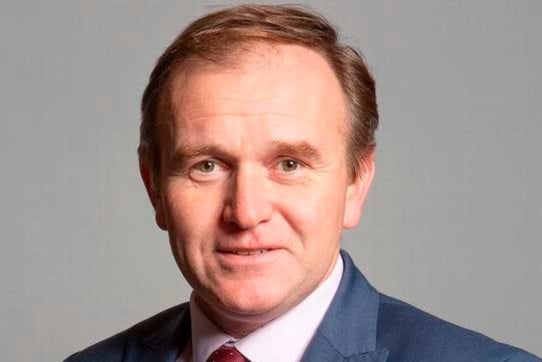As growth returns to the economy one of the main priorities must be to ensure that we make work pay by helping those in work and on low incomes. I have met too many people who say that if they work more than, say 16 hours a week, they lose more in benefits than they would gain in wages. We have to reform the system so that it always pays to work longer hours. The Universal Credit system does this by placing a cap on the maximum amount any one household can claim in benefits, and by reducing benefits like Housing Benefit, you increase the incentive to work.
However, the other side of the equation is trying to raise the income on those who are low paid and on the minimum wage. At the moment, over one and a half million people receive the minimum wage. Those who are at the lowest end of the pay spectrum have also had to grapple inflation. Inflation is now decreasing but the previously high rate has meant that even though there has been a strengthening of our national economy in real terms this hasn’t been allowed to really hit home and find its way into people’s pockets.
In November, the chancellor brought the autumn budget to parliament and announced an increase in minimum wage in a measure that demonstrated that a balanced approach to the economy and that your hard work is paying off. Since the Conservatives announced the National Living Wage in 2015, it has helped protect the lowest paid by increasing wages faster than inflation and average earnings. This month, the increase in minimum wage comes into effect meaning people across the country on the lowest incomes will see their hourly pay rise by over a pound. This will be a welcome boost in income for those on the minimum wage and should also increase the incentive to move away from benefits and get into work.
Whilst increases in the minimum ways are beneficial for workers it can put pressure on small business that are already struggling with rising costs. In Cornwall, we have a larger number of small businesses who are themselves struggling and we don't want to make it harder for them to take people on and create new jobs. The government recognises that it must also support these businesses whilst helping their staff. In light of inflationary pressures, especially with energy bills, the Government is supporting small businesses with the cost of their business rates through a £4.3 billion package. This support includes freezing the business rates multiplier for small businesses for a fourth consecutive year, saving an average shop £1,650, and extending the Retail, Hospitality and Leisure relief, benefitting 230,000 properties. It is my hope that this support will be beneficial for many in Cornwall to keep our much-valued local enterprises going and help households across the county.
George Eustice, Conservative MP for Camborne and Redruth





Comments
This article has no comments yet. Be the first to leave a comment.